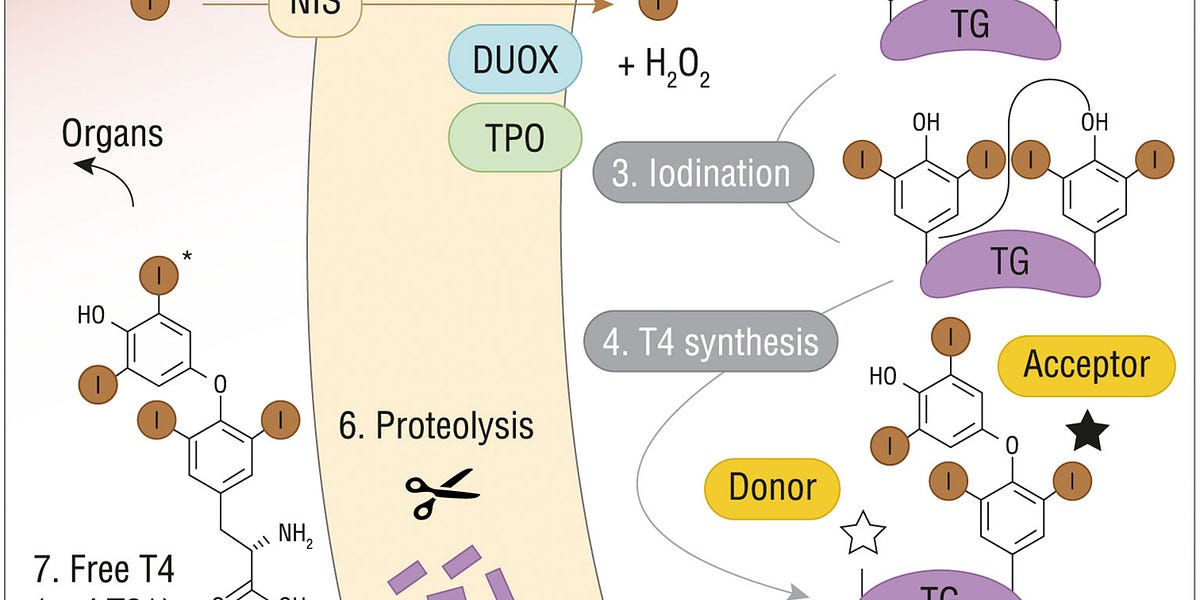dervmai
progress
I can't seem to find much info on this. Although I haven't done any extensive googling. It is much easier though due to my busy schedule to just ask the forum.
Dehydration causes a lowering of metabolism. However I'm trying to understand why Ray says drinking too much liquids lower metabolism.... Anyone have any info on this?
Since raising metabolism raises the body's need for nutrients, wouldn't the same apply to water and liquids? Since every cell in our body has some water in it.
How do you hydrate adequately without overhydrating? Since overhydrating will end up unnecessarily flushing out many important minerals, as well as putting more strain on the kidneys. However underhydration is just as bad as overhydrating. I think that drinking water only when you are thirsty is bad. That means for a certain time, your body was dehydrated enough to the point where the body gives signs of dehydration. You should be drinking enough water to not feel any signs of dehydration. Yet not too much where you are getting symptoms of overhydration. Balance is key... no?
Dehydration causes a lowering of metabolism. However I'm trying to understand why Ray says drinking too much liquids lower metabolism.... Anyone have any info on this?
Since raising metabolism raises the body's need for nutrients, wouldn't the same apply to water and liquids? Since every cell in our body has some water in it.
How do you hydrate adequately without overhydrating? Since overhydrating will end up unnecessarily flushing out many important minerals, as well as putting more strain on the kidneys. However underhydration is just as bad as overhydrating. I think that drinking water only when you are thirsty is bad. That means for a certain time, your body was dehydrated enough to the point where the body gives signs of dehydration. You should be drinking enough water to not feel any signs of dehydration. Yet not too much where you are getting symptoms of overhydration. Balance is key... no?

